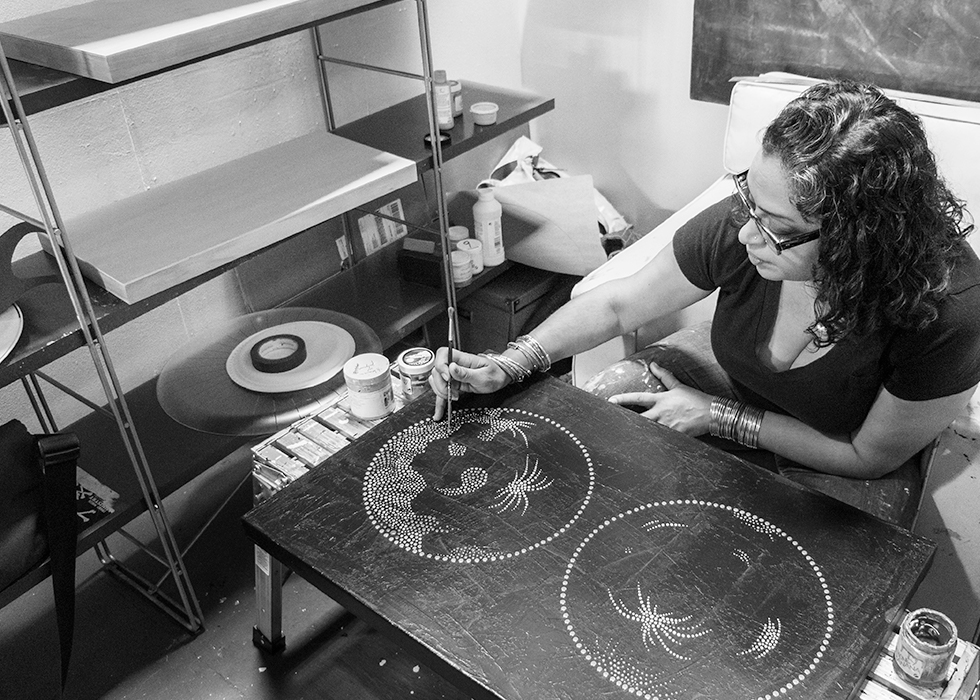What is a Stock?
Simply put, a stock is an investment. When you purchase a company's stock, you're purchasing a small piece of that company, called a share.
You can purchase stocks in companies you think will go up in value. When and if that happens, the company's stock increases in value as well. The stock can then be sold for a profit.
What are stocks?
Stocks are securities that represent an ownership share in a company. For companies, issuing stock is a way to raise money to grow and invest in their business. For investors, stocks are a way to grow their money and outpace inflation over time.
When you own stock in a company, you are called a shareholder because you share in the company's profits.
Public companies sell their stock through a stock market exchange, like the Nasdaq or the New York Stock Exchange. You can then buy and sell these shares through stockbrokers. The stock exchanges track the supply and demand of each company's stock, which directly affects the stock's price.
Stock prices fluctuate throughout the day. When you buy a stock, you're hoping the stock will increase in value over time. Remember that some companies and stocks are riskier than others. Companies can lose value or go out of business completely.
If that happens, you may lose all or part of your investment. It's important to spread your money around, buying stock in many different companies rather than focusing on just one.
How to make money in stocks
Stocks carry more risk than some other investments, but also have the potential to reap higher rewards. Stock investors earn money in two main ways:
- If the price of a stock goes up during the time they own it, and they sell it for more than they paid for it.
- Through dividends. Dividends are regular payments to shareholders. Not all stocks pay dividends, but those that do typically do so on a quarterly basis.
You can buy individual stocks through an online broker. The process of opening a brokerage account is similar to opening a bank account. There are many different online brokers, with different fees for commissions and varying reputations, so it's important to do your research before you open an account.
Key things to know about stocks
Investors who do best over the long term buy and hold
That means they own a diversified portfolio of many stocks and hold on to them through good times and bad.
Investing in individual stocks takes time
You should research each stock you purchase, which includes doing research on the company and its financials. Many investors opt to save time by investing in stocks through equity mutual funds, index funds and ETFs instead.
These allow you to purchase many stocks in a single transaction, offering instant diversification and reducing the amount of legwork it takes to invest.
There are two main types of stocks: common and preferred
Most investors own common stock in a public company. Common stock may pay dividends, but dividends are not guaranteed and the amount of the dividend is not fixed.
Preferred stocks typically pay fixed dividends, so owners can count on a set amount of income from the stock each year. Owners of preferred stock also stand at the front of the line when it comes to the company’s earnings. Excess cash distributed by dividend is paid to preferred shareholders first. If the company goes bankrupt, preferred-stock owners receive any liquidation of assets ahead of common-stock owners.
Before you invest
Before you start investing in stocks, it's wise to make sure you have a solid monthly budget in place, have an emergency savings fund, and fully understand the risks involved.
Investing wisely in the stock market could generate financial gains in the long run. Uninformed investing, however, could cost you.
Take advantage of our free online financial education courses to help you better understand investing.




